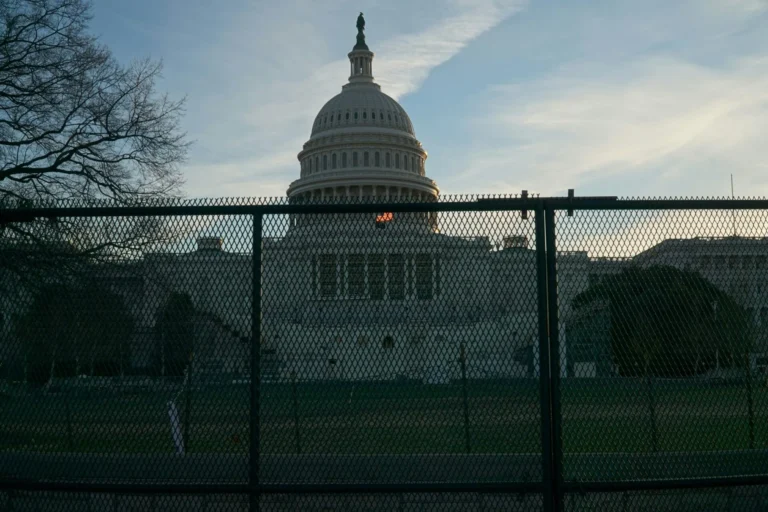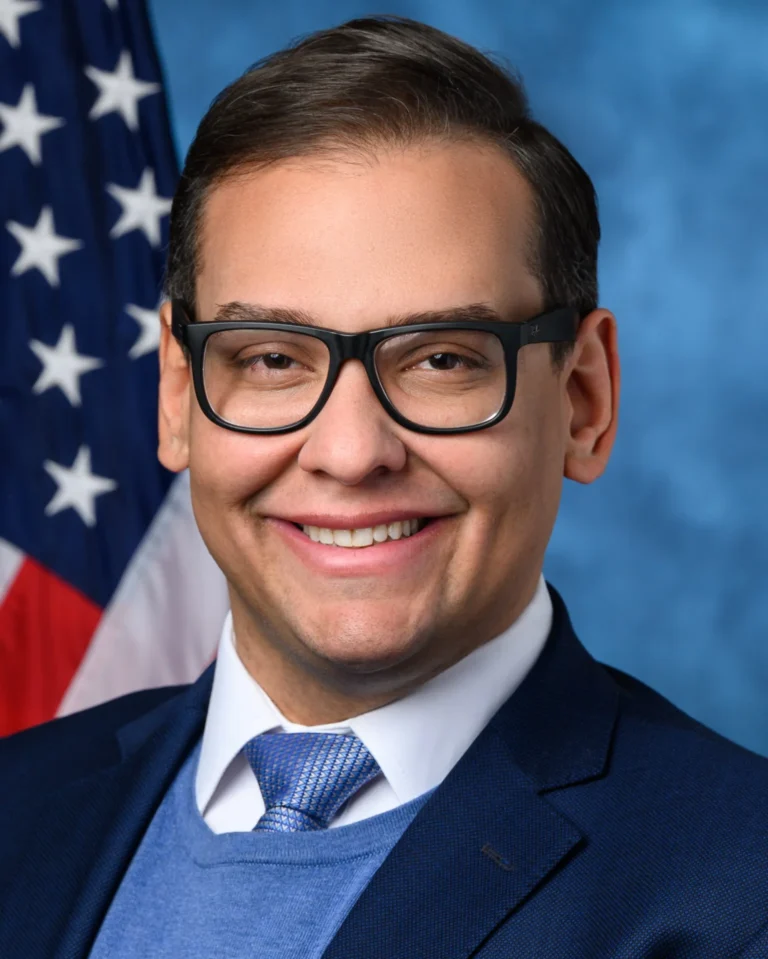By Cliff Montgomery – Nov. 30th, 2011
In September, the Project On Government Oversight (POGO) released a damning indictment of our federal government’s “assumption that shifting work to the private sector saves taxpayer dollars.”
“The Project On Government Oversight is a non-partisan independent watchdog that champions good government reforms,” according to its website.
So how did POGO come up with its instructive tallies?
“Previous analyses have only focused on employee salaries and compensation,” stated the POGO report, “and not federal contractor billing rates.”
“POGO’s study shows that the federal government approves service contract billing rates that, on average, pay contractors 1.83 times more than the government pays [unionized] federal employees in total compensation, and more than 2 times the full compensation paid in the private sector for comparable services,” declared the report.
“Given that one-quarter of all discretionary spending now goes to service contractors, a reassessment of the total federal work force–with a focus on contractor billing rates–could save taxpayers billions of dollars annually,” continued the study.
Below, The American Spark quotes a fascinating segment of the report’s executive summary:
“Based on the current public debate regarding the salary comparisons of federal and private sector employees, the Project On Government Oversight (POGO) decided to take on the task of doing what others have not—comparing total annual compensation for federal and private sector employees with federal contractor billing rates in order to determine whether the current costs of federal service contracting serves the public interest.
“The current debate over pay differentials largely relies on the theory that the government pays private sector compensation rates when it outsources services. This report proves otherwise: in fact, it shows that the government actually pays service contractors at rates far exceeding the cost of employing federal employees to perform comparable functions.
“POGO’s study analyzed the total compensation paid to federal and private sector employees, and annual billing rates for contractor employees across 35 occupational classifications covering over 550 service activities.
“Our findings were shocking—POGO estimates the government pays billions more annually in taxpayer dollars to hire contractors than it would to hire [unionized] federal employees to perform comparable services.
“Specifically, POGO’s study shows that the federal government approves service contract billing rates—deemed fair and reasonable—that pay contractors 1.83 times more than the government pays federal employees in total compensation, and more than 2 times the total compensation paid in the private sector for comparable services.
“Additional key findings include:
- Federal government employees were less expensive than contractors in 33 of the 35 occupational classifications POGO reviewed.
- In one instance, contractor billing rates were nearly 5 times more than the full compensation paid to federal employees performing comparable services.
- Private sector compensation was lower than contractor billing rates in all 35 occupational classifications we reviewed.
- The federal government has failed to determine how much money it saves or wastes by outsourcing, insourcing, or retaining services, and has no system for doing so.
“POGO’s investigation highlights two basic facts about outsourcing government work to contractors.
“First, comparing federal to private sector compensation reveals nothing about what it actually costs the government to outsource services. The only analysis that will shed light on the true costs of government is that of contractor billing rates and the full cost of employing federal employees to perform comparable work.
“The Commission on Wartime Contracting in Iraq and Afghanistan recently completed a fundamental study of costs, and found that, in certain contingency operations, although savings resulted from hiring local or third- country nationals, military and civilian employees cost less than hiring American contractors.
“Second, the federal government is not doing a good job of obtaining genuine market prices, and therefore the savings often promised in connection with outsourcing services are not being realized.
“The argument for outsourcing services is that, by outsourcing services on which the government holds a monopoly, free market competition will result in efficiencies and save taxpayer dollars. But our study showed that using contractors to perform services may actually increase rather than decrease costs to the taxpayers.
“POGO found several failures in government procurement, employment, and data systems that limit the government’s and the public’s abilities to assess and correct excessive costs resulting from insourcing or outsourcing federal services.
“Failures included the lack of standards for calculating cost estimates and justifying insourcing or outsourcing decisions, the lack of data related to negotiated service contract billing rates, not publishing government information about the number of actual contractor employees holding a specific occupational position under any given contract, and that there is no universal job classification system.
“For decades there have been increasing political pressures to reduce the size of the federal government. In response the government has awarded service contracts, resulting in an expanding ‘shadow government’ that costs hundreds of billions of dollars annually.
“The focus on comparing federal and private sector salaries needs to shift, because they have nothing to do with what the government actually pays for services.
“Instead, the focus properly belongs on analyzing the full costs of paying contractors to perform federal services.”





